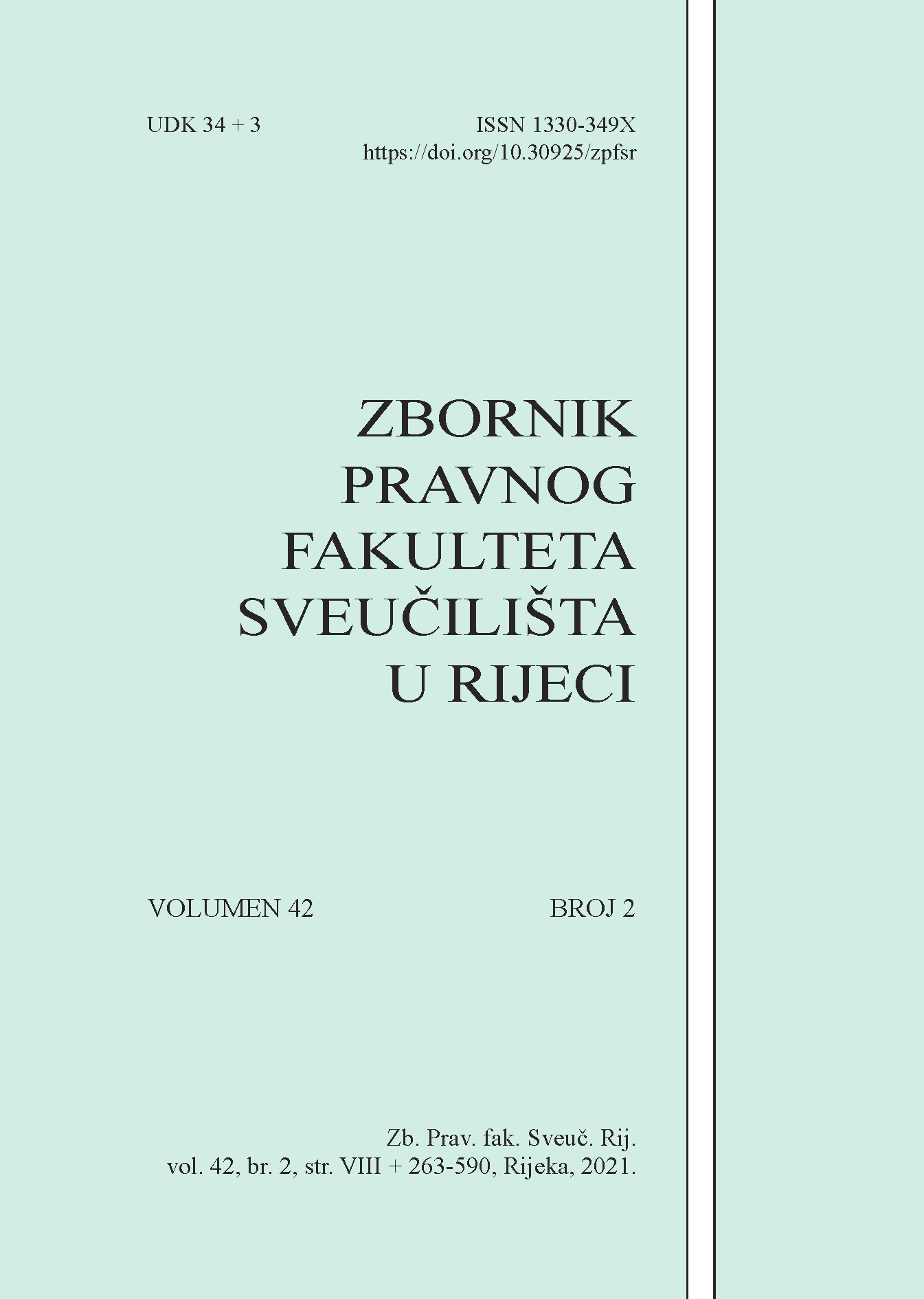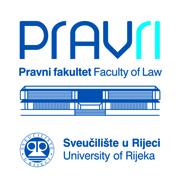MORE THAN A YEAR OF APPLICATION OF CIVIL PROCEDURE ACT
GENERAL PROVISIONS, FIRST INSTANCE AND TRIAL PROCEDURE
DOI:
https://doi.org/10.30925/zpfsr.42.2.12Keywords:
amendment to the CPA; one year of implementation; achieved and set goals.Abstract
On September 1st 2019 the Law on Amendments to the Law on Civil Procedure entered into force. The ratio of this ambitious endeavour is the need to change a whole range of institutes, i.e. the necessity to respect the proposals and suggestions of court practice that are the result of many years of experience. In order to achieve these goals, the Amendment redesigned many procedural institutes in the fi eld of functional procedural law and created a signifi cant number of new rules. We are of the opinion that (and now) procedural regulations are normatively solid in terms of legal systematics, legal technique and consistency in standardization, which is certainly contributed by the courts through case law and their actions and intensive and constant elaboration of legal solutions. However, taking into account the fact that the issue of civil procedure in countries with a long legal tradition is a dynamic area in which new solutions are constantly sought to follow the trend of change, the question of expediency and the need to implement amendments to the legislation, in the context of de lege lata solutions, is extremely topical. Therefore, the aim of this paper is to analyse the period that has passed since the implementation of procedural law, all in order to determine whether the national civil procedure regime has improved, i.e. the procedural mechanism to facilitate more effi cient work on cases. The complexity of the research subject and the set tasks conditioned the choice of methods, so the normative legal and experiential / practical methodological approach was primarily used in the research. We consider it important to point out that the space we have here does not allow a detailed analysis of this issue, so we are forced to limit ourselves exclusively, in the opinion of the author, to some aspects of the last novella.
Additional Files
Published
Versions
- 2023-12-15 (2)
- 2022-02-16 (1)
How to Cite
Issue
Section
License
Copyright (c) 2022 Dejan Bodul

This work is licensed under a Creative Commons Attribution-NonCommercial 4.0 International License.
Collected Papers is an open access journal. Journal does not charge article processing charges (APC) to authors. It is licensed under CC BY-NC licence 4.0.
Collected Papers of the Law Faculty of the University of Rijeka" is an Open Access journal. Users are allowed to read, download, copy, redistribute, print, search and link to material, and alter, transform, or build upon the material, or use them for any other lawful purpose as long as they attribute the source in an appropriate manner according to the CC BY licence.
The papers published in "Collected Papers of the Law Faculty of the University of Rijeka" can be deposited and self-archived in the institutional and thematic repositories providing the link to the journal's web pages and HRČAK.
Upon acceptance of the manuscript for publication by this journal, the author can publish same manuscript in other journals only with the permission of the Editorial Board (secondary publication). A repeated publication should contain a notice as to where the manuscript was originally published.



